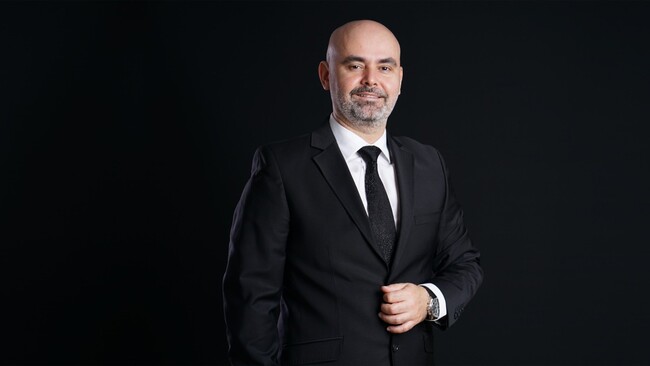LASIK and PRK are laser surgeries eye doctors use to correct refractive errors that cause nearsightedness, farsightedness, and astigmatism. They both use laser technology to reshape the cornea, the eye’s clear outer part, and help focus light on the retina. While these two surgeries have a similar goal and use laser, they differ in some aspects. Here are some differences between LASIK and PRK laser eye surgery:
The Treatment Procedure
The primary difference between LASIK and PRK is how an eye doctor conducts these procedures. In LASIK laser eye surgery, the eye specialist first cleans and numbs the eye with a special solution. A suction ring is also necessary to hold the eye still during the surgery. They then use a femtosecond laser to create a flap in the cornea, which is lifted to expose the underlying tissue. After lifting the flap, the specialist uses an excimer laser for cornea reshaping and correcting the refractive error. They then put the flap back in place, and it heals on its own without needing stitches.
PRK, short for photorefractive keratectomy, is similar to LASIK because it uses an excimer laser to reshape the cornea. It also starts with numbing the eye and using a special solution to clean it, then using a suction ring to keep the eye still. Unlike LASIK, it doesn’t involve creating a flap in the cornea. Instead, the specialist removes the entire top layer of the cornea (epithelium) using an alcohol solution or a scraping tool. After removing this layer, they use the excimer laser to reshape the cornea, and a contact lens is placed on the eye to protect it while it heals.
Healing and Recovery
The healing and recovery times for LASIK and PRK laser eye surgery are also different because of the difference in the procedures. LASIK’s advantage is its quick healing time. Many patients report improved vision within a few hours and can return to daily activities within a day. The cornea surface heals quickly after LASIK because the flap is a natural bandage. There may be some pain or discomfort during healing, but your surgeon can prescribe medication to manage it.
PRK has a longer recovery time because the cornea’s outer layer needs to regrow. The surgeon uses the contact lens as a bandage, allowing new epithelial cells to grow. The bandage may blur your vision for a few days until it is removed. During recovery, you may experience discomfort, sensitivity to light, and blurred vision. Your doctor will prescribe medication to help with these symptoms. You can expect your vision to improve gradually as time passes.
Suitability for the Procedures
Not everyone is a suitable candidate for LASIK and PRK. The main difference in suitability between these two procedures is the thickness of the cornea. LASIK laser eye surgery requires a thicker cornea because it involves creating a flap. If the cornea is too thin, it may not heal properly after surgery, and there may be complications. PRK is suitable for people with thin corneas because it doesn’t require creating a flap. Instead, it removes the top layer of the cornea, making it a better option for people with thinner corneas.
Other factors such as age, eye health, and medical history also determine suitability for these procedures. Consult your eye doctor before making the final decision. They will thoroughly examine your medical history to determine which method would be most suitable for your case.
Preference of Treatment
The question of which procedure is better, LASIK or PRK, is common among those considering laser eye surgery. Both surgeries have advantages and disadvantages, and what works for one person may not work for another. LASIK’s key advantage is its quick healing time, while PRK has a longer recovery period but may be suitable for people with thin corneas. Both produce almost similar final results in correcting refractive errors, especially when you have an experienced eye surgeon.
LASIK and PRK laser eye surgeries aim to improve your vision and provide you with clearer, sharper eyesight without needing glasses or contact lenses. Your eye doctor will recommend the best option based on your circumstances and medical history.
Consider Laser Eye Surgery Today
If you’re tired of wearing contact lenses or glasses and want to experience clear vision, LASIK or PRK may be your solution. Consult an experienced eye specialist to perform a thorough examination and discuss your options with you. The advanced technology used in these eye procedures, along with the expertise of your surgeon, can help you achieve improved eyesight and a better quality of life.







